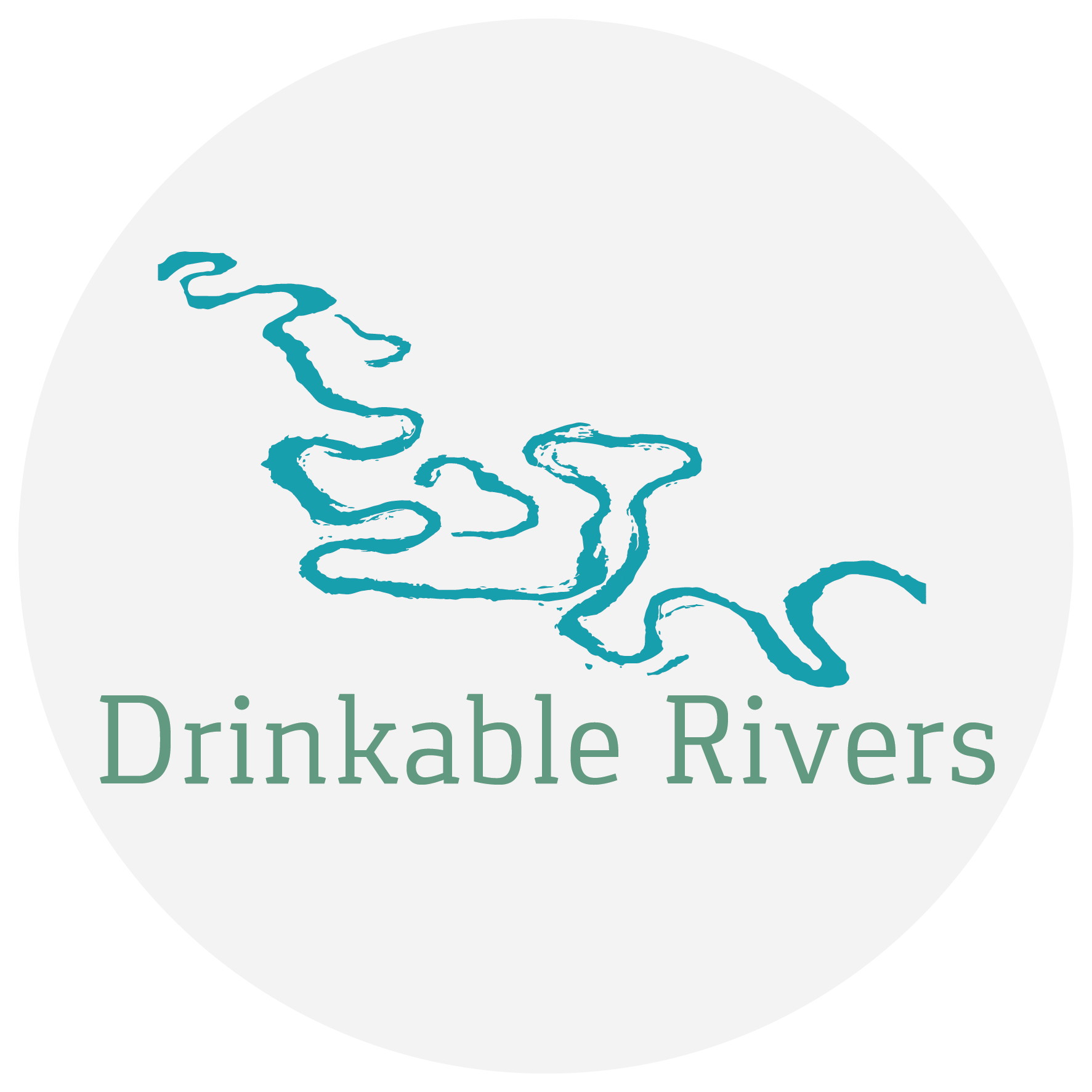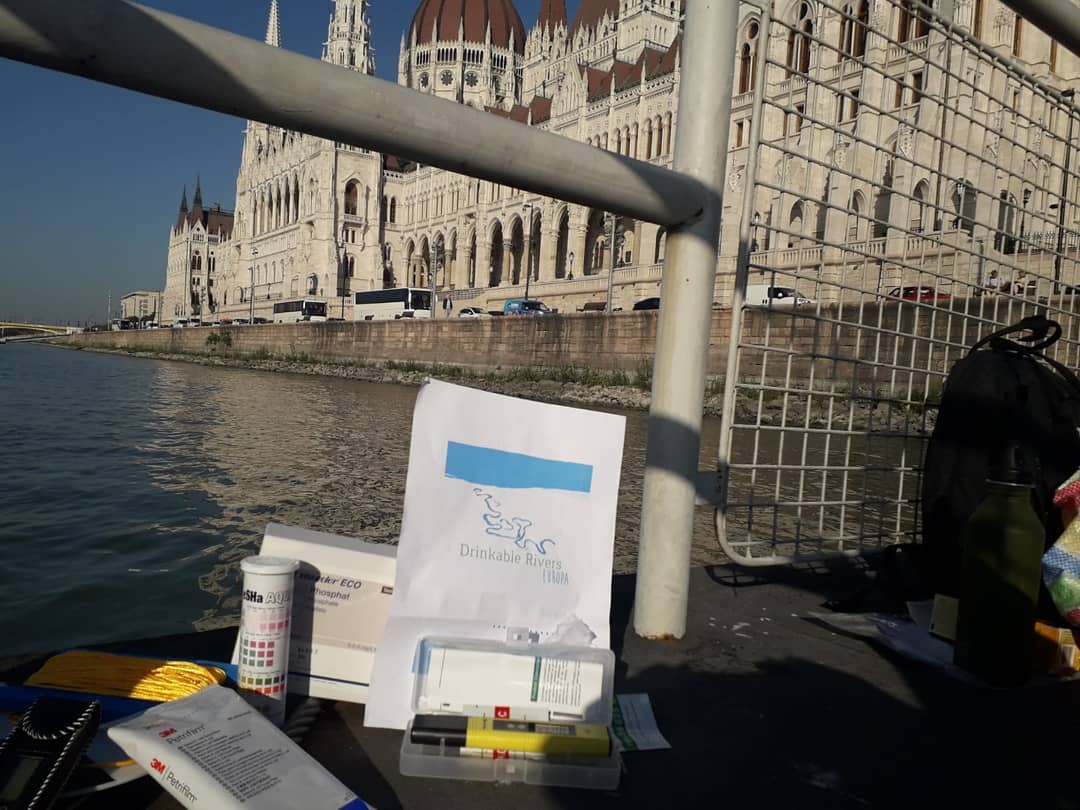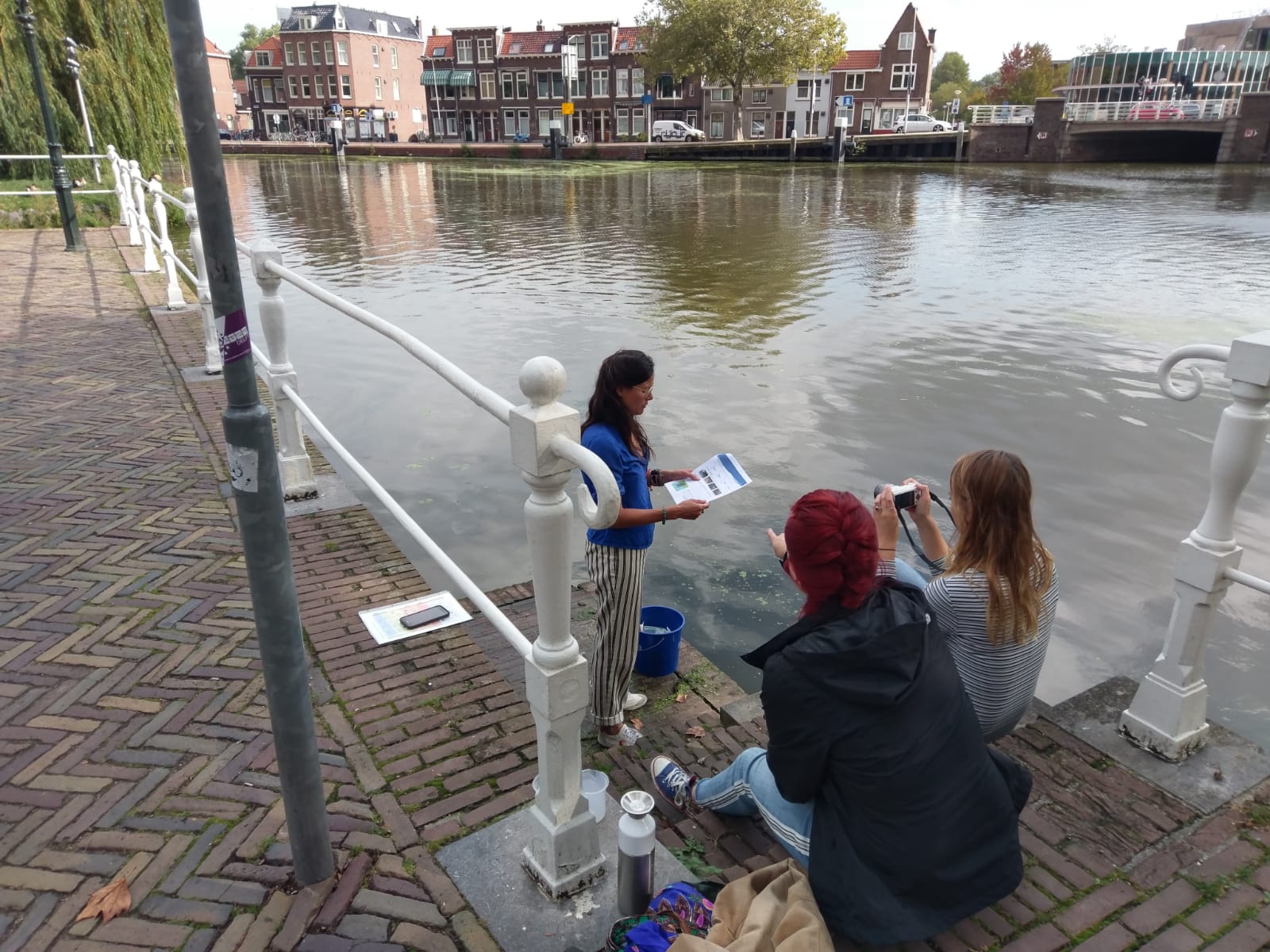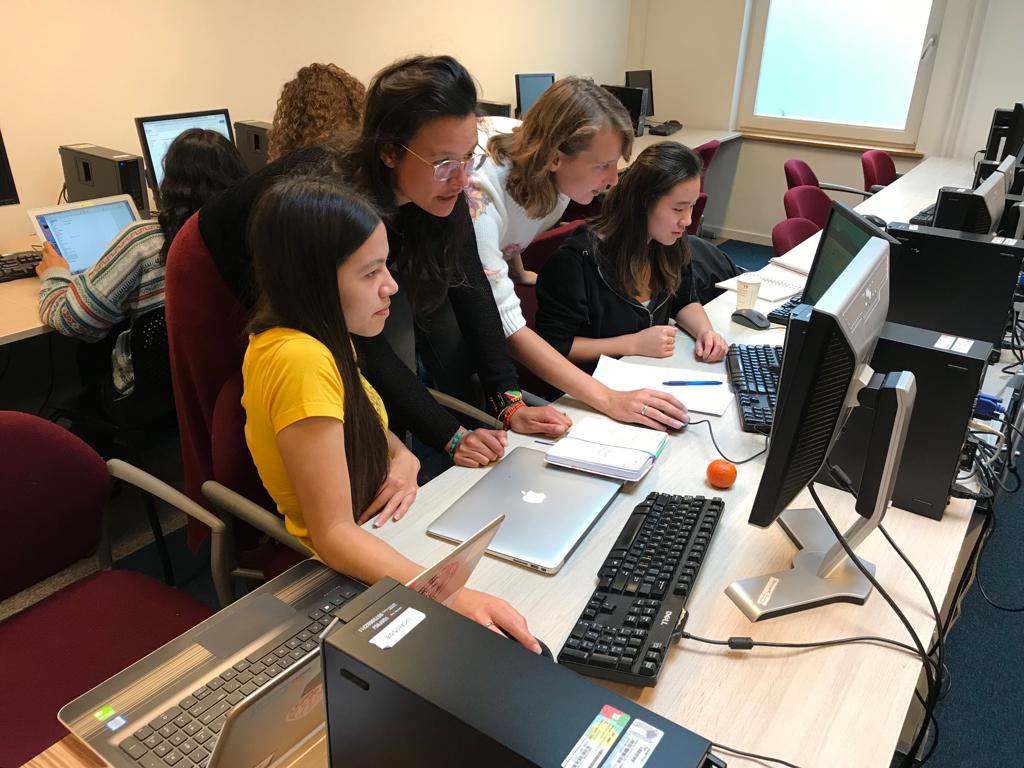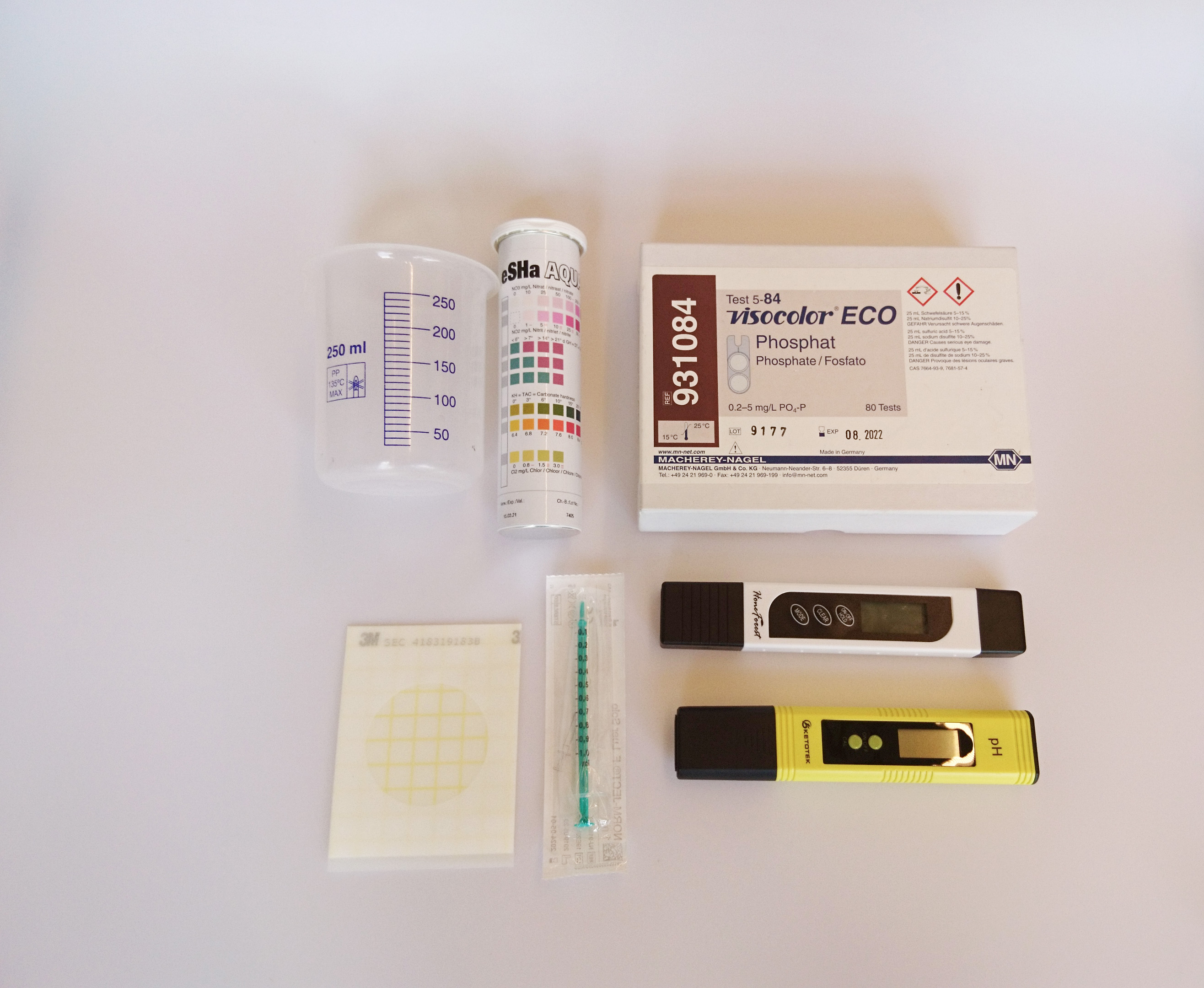Project 3: Drinkable Rivers
This year Drinkable Rivers will expand its citizen science project about water quality towards rivers and streams in Europe. Last year, Li An Phoa initiator of Drinkable Rivers did a baseline study of the entire Meuse, in which we involved over 500 local people from the source of the Meuse until the North Sea.
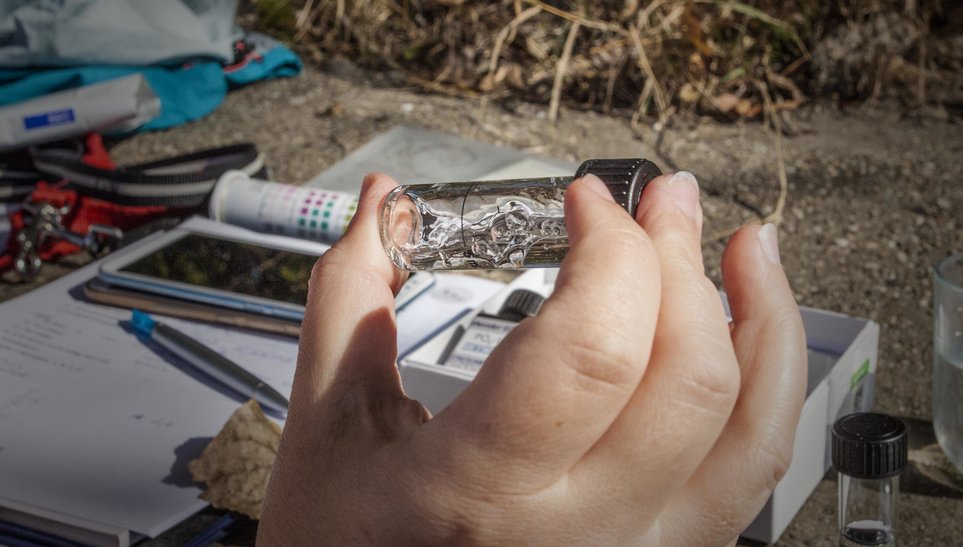

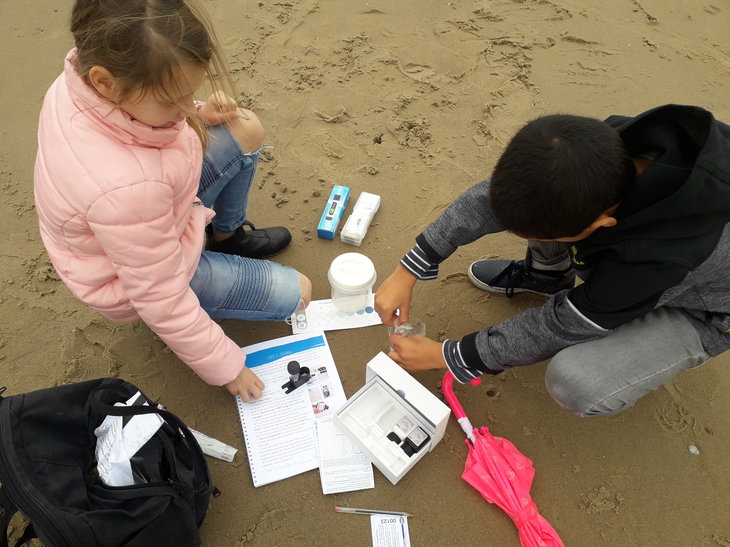

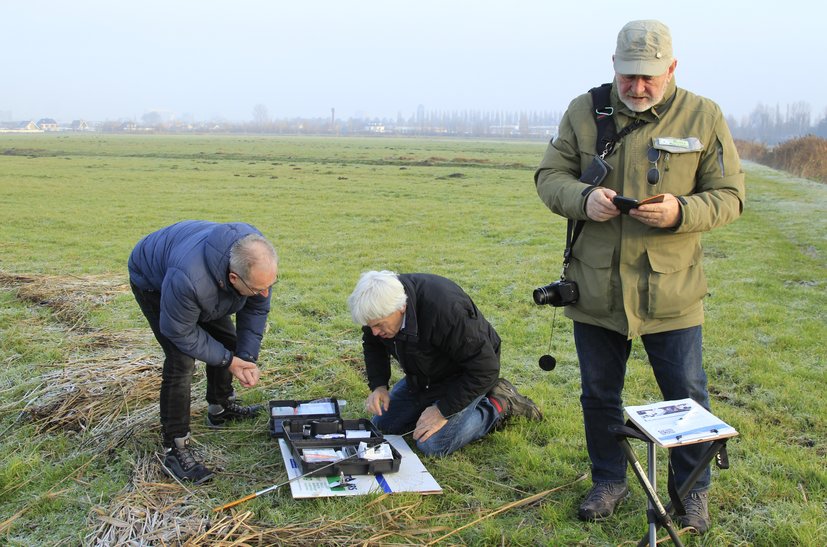

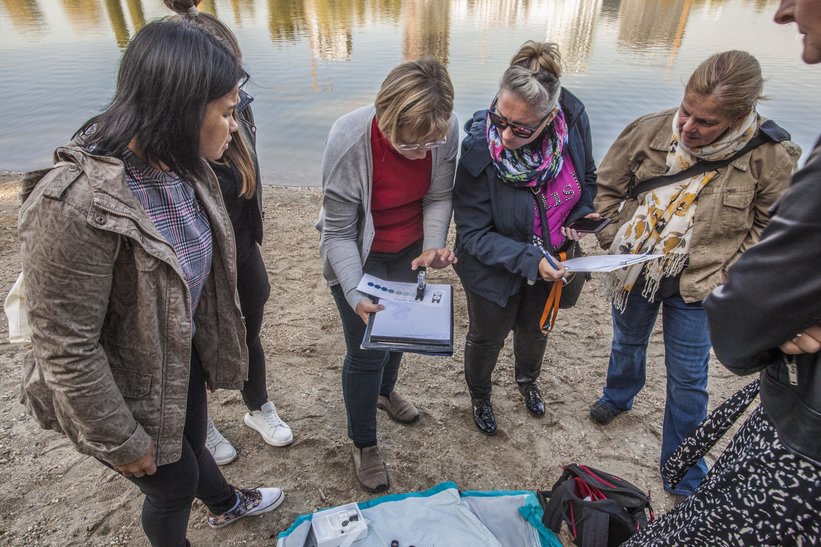

Update August 2022: Monitor your own river and collaborate across Europe!
Have you always wondered whether the Delft canal is clean or not, or do you want to know how the Vliet is doing? Borrow the measurement kit and investigate the water quality, and the plants and animals around the water and see for yourself!
Starting September 2022, WaterLab is a Drinkable Rivers hub: you can borrow a measuring kit from us to measure the water quality of rivers and streams near you. Throughout Europe there are many hubs where you can lend these kits from Drinkable Rivers partners. Together we map the quality of our European rivers.
How can you borrow the measurement kit?
Borrowing the kit is free, is available for a max. period of 2 weeks at a time and can be arranged via TU Delft Science Centre. To make a reservation, you can send an email to educatie-sciencecentre@tudelft.nl, including your name, the period you want to borrow the kit and which river or stream you’re investigating.
Together we collect data about European rivers
It is important that when you borrow the kit, you share your collected data with us. Together we are building a database about the water quality of rivers in Europe. We collect the data via www.data.drinkablerivers.org .
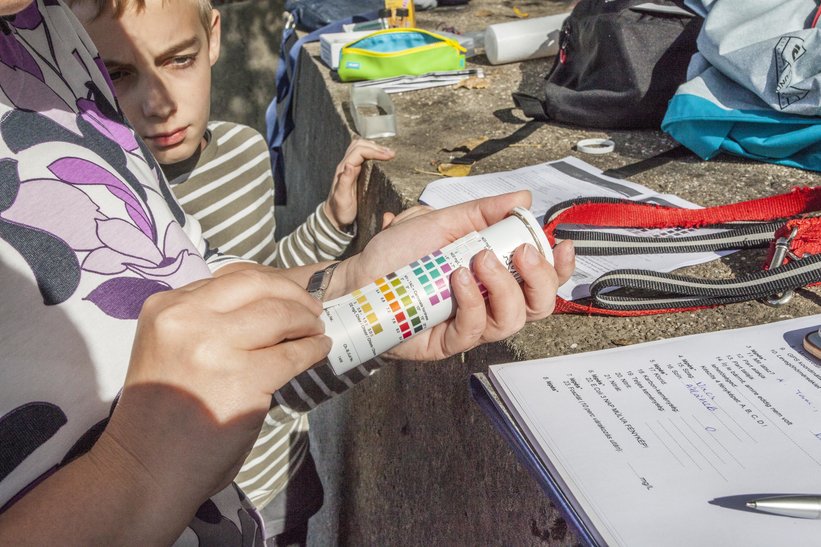
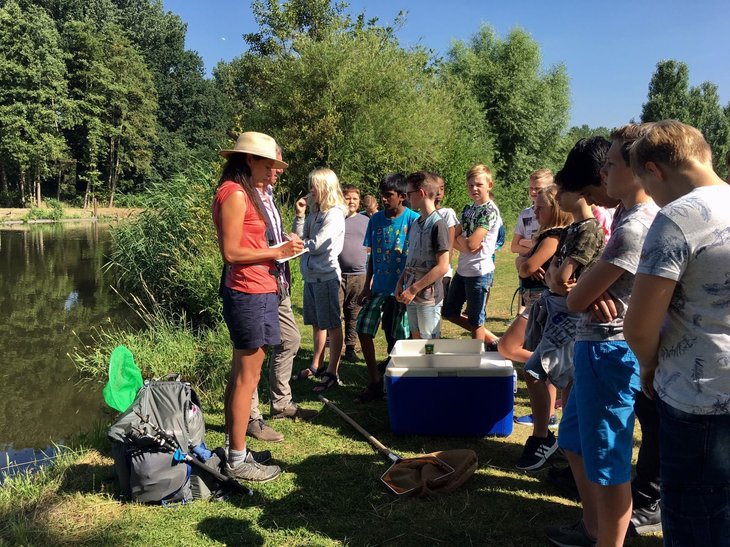
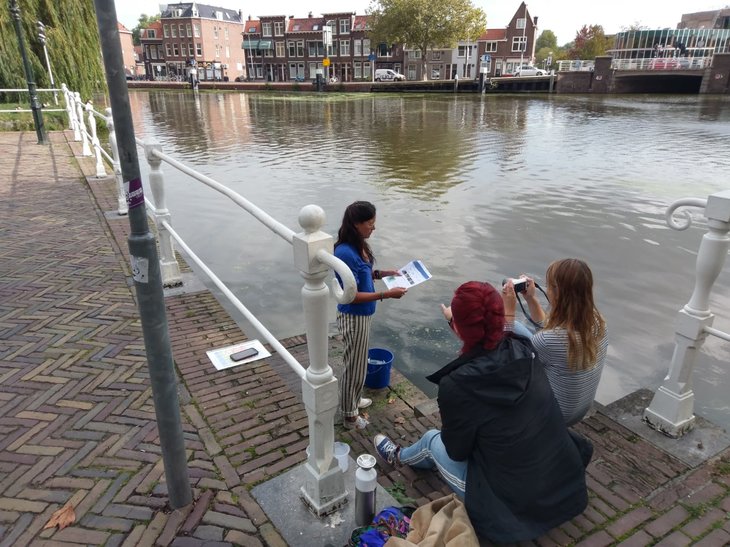
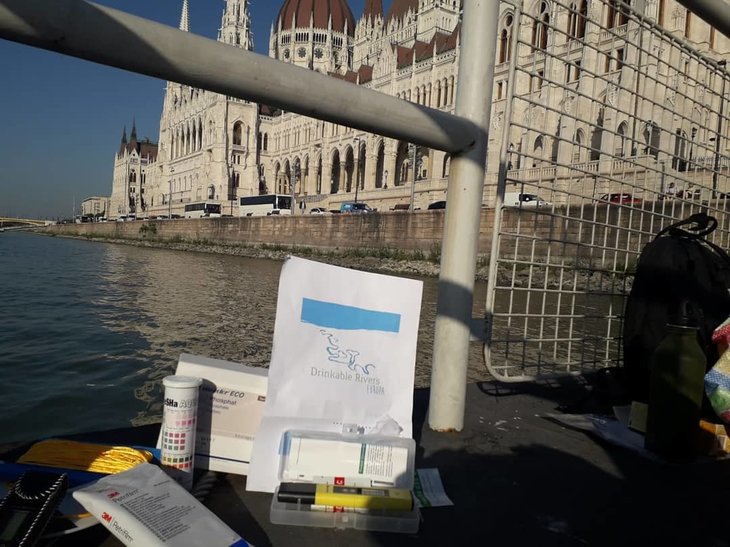
UPDATE November 2019:
This year, together with 30 institutions all over Europe, we performed over 200 measurements in 10 countries! Every 'hub' received a Drinkable Rivers measurement set, with which 50 water quality measurements could be taken. The volunteers operating from each hub, guided by a manual and instruction videos, measured the water quality at a river close by. Especially during the 'week of our water' a lot of measurements were performed.
We're not finished yet, measurements will continue in order to gather as much data as possible. This data will be analysed and resluts will be shared in the spring of 2020. Come join us! Check "How" on this page or go to https://drinkablerivers.org/river-data/ for more information.
The data as gathered so far were analysed by students and staff from the University College Roosevelt under supervision of Renata van der Weijden. The results are soon to be published. Next to this, a lot of possible improvements were gathered that will be added to new measurements and the form.
What
You will measure the water quality of your river or stream near you. We will do this together throughout Europe from 17-24 October 2019. Since our research is focussed on rivers and streams (which debouch into rivers), therefore lakes, ditches, canals and ponds will not be taken into account. You will look at the surrounding land and measure the temperature, colour, clarity, dissolved minerals, pH, nitrate- and phosphate levels and hardness of your river or stream.
How
We collaborate with multiple hubs throughout Europe. Here you can pick up the materials needed to do all the measurements. You can also get your own materials. You can find more information and apply as a hub at https://drinkablerivers.org/what-we-do/citizen-science/.
It is important that all measurements are done with the same equipment so that we are able to compare all measurements. Don’t submit any measurements that have been done with different materials.
Who
Li An Phoa is the initiator of Drinkable Rivers. For the expansion of the research she gets support from:
- Dr. Renata van der Weijden (Wageningen University) is specialised in water quality and will, together with students, support the data analysis.
- Marit Bogert and Sandra de Vries (WaterLab) supports the research with their experience in citizen science, the right manuals and communication materials.

